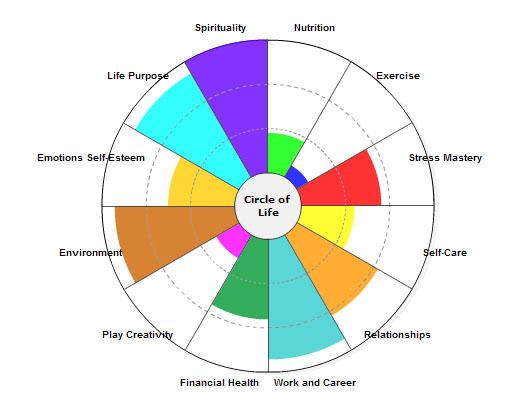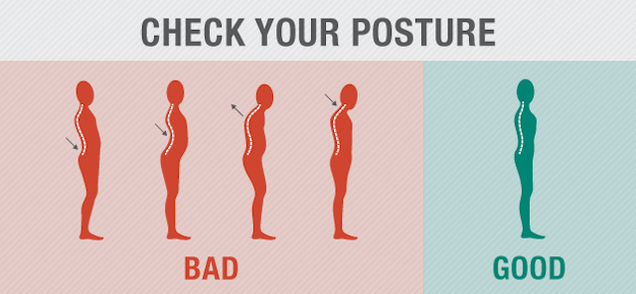Surprising Health Benefits of Sleep
Sleep
makes you feel better, but its importance goes way beyond just boosting
your mood or banishing under-eye circles. Adequate sleep is a key part
of a healthy lifestyle, and can benefit your heart, weight, mind, and
more.
Improve memory
Your mind is surprisingly busy
while you snooze. During sleep you can strengthen memories or "practice"
skills learned while you were awake (it’s a process called
consolidation).
Live longer?
Too much or too little sleep is
associated with a shorter lifespan—although it’s not clear if it’s a
cause or effect. (Illnesses may affect sleep patterns too.)
In a
2010 study of women ages 50 to 79, more deaths occurred in women who got
less than five hours or more than six and a half hours of sleep per
night.
Sleep also affects quality of life.
Curb inflammation
Inflammation is linked to heart
disease, stroke, diabetes, arthritis, and premature aging. Research
indicates that people who get less sleep—six or fewer hours a night—have
higher blood levels of inflammatory proteins than those who get more.
A 2010 study found that C-reactive protein, which is associated with heart attack risk, was higher in people who got six or fewer hours of sleep a night.
People
who have sleep apnea or insomnia can have an improvement in blood
pressure and inflammation with treatment of the sleep disorders, Dr.
Rapoport says.
Have a healthy weight
If you are thinking about going on a diet, you might want to plan an earlier bedtime too.
Researchers
at the University of Chicago found that dieters who were well rested
lost more fat—56% of their weight loss—than those who were sleep
deprived, who lost more muscle mass. (They shed similar amounts of total
weight regardless of sleep.)
Dieters in the study also felt more hungry when they got less sleep.
"Sleep
and metabolism are controlled by the same sectors of the brain," Dr.
Rapoport says. "When you are sleepy, certain hormones go up in your
blood, and those same hormones drive appetite."














